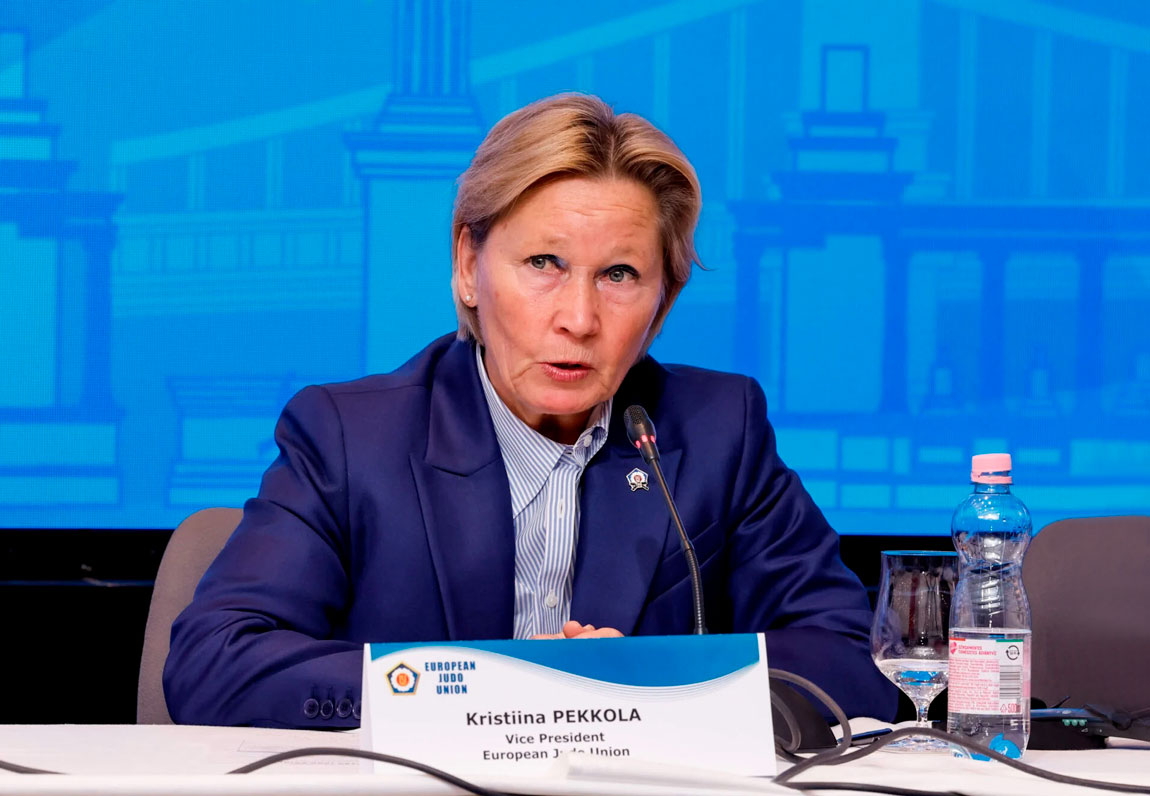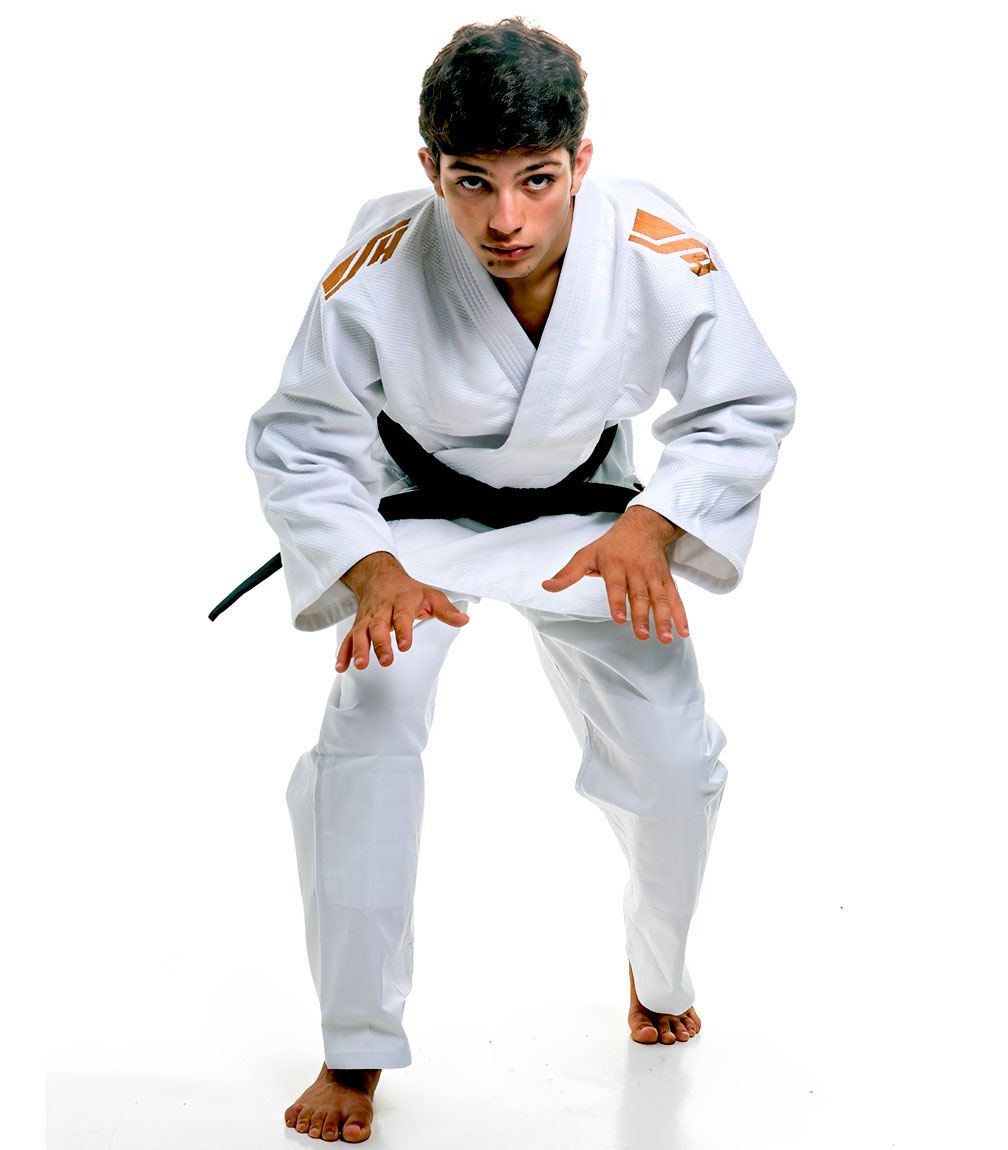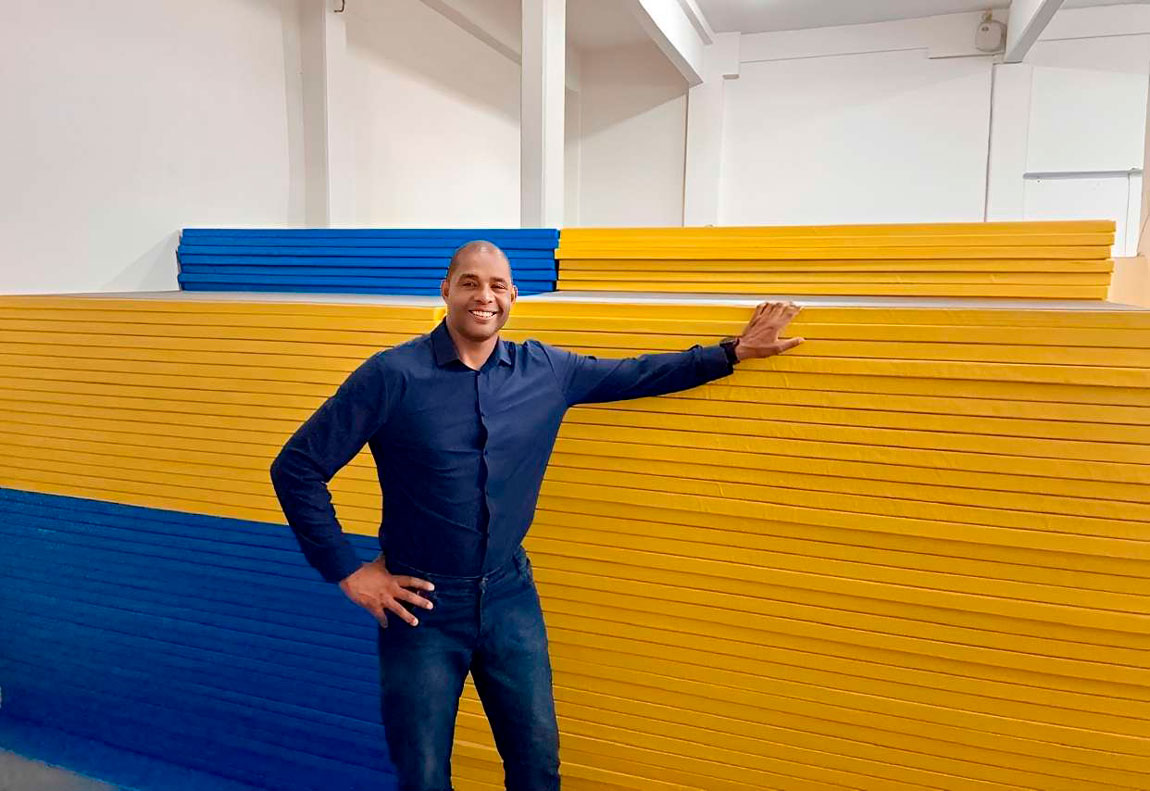27 de fevereiro de 2026

 Karate University congress at PUCPR
Karate University congress at PUCPR
In parallel to the ITKF World Championship, a series of technical and scientific events are being held with the participation of the main names of the sport
XX ITKF Traditional Karate World Championship
December 2nd of 2019
By ISABELA LEMOS AND MATHEUS ZILIO I Photos BUDOPRESS
Curitiba – PR
This Monday (2), the Traditional Karate University Meeting marked the beginning of the set of technical and scientific events that will culminate in the holding of the V Interclub World Cup and the XX World Traditional Karate Championship which will take place from December 2nd to 8th in gymnasium of Pontifícia Universidade Católica do Paraná (PUCPR), in Curitiba. TKU Meeting is a meeting that brings together several representatives of traditional international karate to discuss the implementation of karate at university level, as well as social and educational aspects. The meeting was attended by officials from France, Egypt, Argentina, Canada and Brazil.
International Traditional Karate Federation (ITKF) chairman, Gilberto Gaertner, explains that in besides to taking back the main lines, the meeting aims to set a goal of reaching at least 100 universities around the world that are integrated in karate research. Further, the meeting sets out to create a worldwide standardized karate instructor training program. Gaertner states that, for this, the requirements will be a high level of education and go through several steps to train karate instructor within ITKF.
The next meeting, on Tuesday (3), will be guided the socio-educational programs related to the modality that will be implemented with a basic standard to work on cultural adaptations. “We already have large programs of this type in Brazil and Paraná, particularly, we have had projects with over 30,000 children, so we have a good know how. However, there are cultural adaptations to be made, after all, working social and educational projects in Brazil is different from working in other countries of the world. The culture is totally different”, says the chairman. Gaertner reveals that his big dream, in the medium term, is to implement globally, in partnership with Unesco, an educational program based on socio-educational programs based on karate.
Drawing a comparison with a similar meeting attended in France, Ibrahim Al-Bakr, President of the African Traditional Karate Federation (ATKF), claims that the Curitiba meeting brought together many more ideas and strategies. “We have some strategies on how to implement this program at different levels to achieve varying degrees of education. Now we have a specific program for leaders and we agreed on how we can apply this program in different countries”, reports Al-Bakr.
ITKF technical committee chairman, Richard Jorgensen, explains that he has been working on the idea of setting up an international traditional karate-based training program for almost ten years, and that now they have found several universities around the world interested in participating in the project. However, he warns that project structuring needs to be carefully constructed from the traditional karate philosophy.
According to Jorgensen, traditional karate has a great purpose in human development and many characteristics are developed regardless of the culture or country. “We have strong evidence of people who have gained self-esteem, confidence and the ability to stay calm in dangerous situations. These attributes are positive human qualities and they happen regardless of culture through training”, he says. Jorgensen concludes by explaining that all countries have problems, whether economic or social, and that through training in traditional karate, the practitioners are benefited.
Kazuo Nagamine, a member of the University Traditional Karate committee, reveals that the main point at the table today was the elaboration of a program that focuses eminently on the teachers who will broadcast to the sho-dans (1º dan) and ni- dans (2º dan), in other words, it is a program that will primarily serve beginning teachers who according to him, are precisely those who lack more information and content.
Justo Gomes, ITKF ambassador, says that, in Argentina, preparatory courses are being held for traditionally educated karate teachers. “We have an academic training program for traditional teachers and this is the second year that we are putting this into practice. Still, I was surprised by the Karate University proposal, and I see it as extremely positive because future generations will need future karate teachers to have a specific and at the same time much broader academic background”, consider the ITKF ambassador.

27 de fevereiro de 2026

26 de fevereiro de 2026

26 de fevereiro de 2026